Workforce Skilling
GHE Aug 28, 2024
Climate Conscious Travel
We got in touch with Shivya Nath, the Founder of Climate Conscious Travel, an impact initiative focussing on developing and implementing innovative solutions to pressing sustainability challenges faced by the tourism industry, to understand her thought process behind starting this initiative and the way forward.
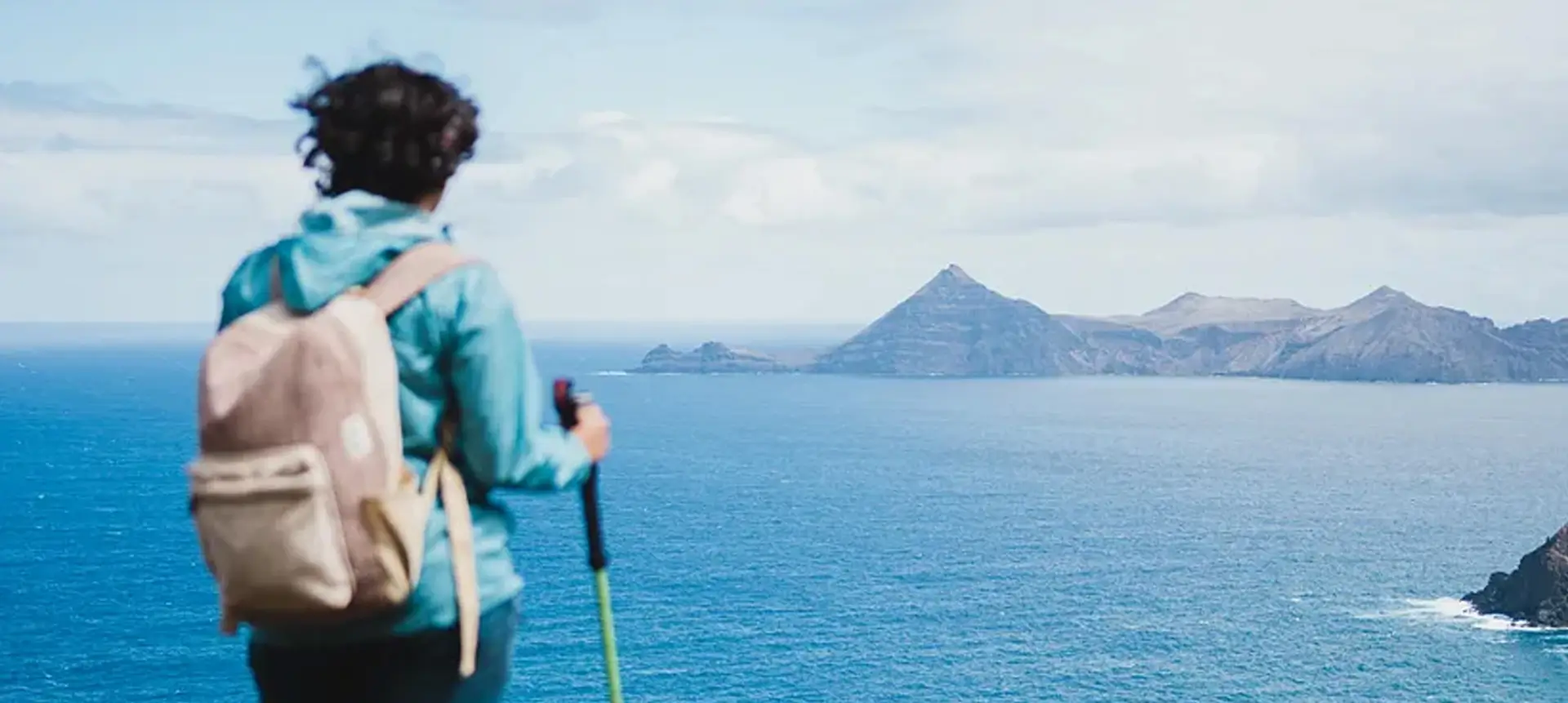
Shivya Nath overlooking Robinson Crusoe Island
What is your initiative Climate Conscious travel all about?
Climate Conscious Travel is an impact initiative to centre climate action — and through it conservation and community empowerment — in tourism offerings. As an industry, tourism contributes atleast 8% of global GHG emissions, but it is also highly vulnerable to the impact of climate change, as we’ve seen this year in the form of floods, heatwaves, and changing destination preferences from South Asia to Europe. According to a report on Climate Action in Tourism by the UNWTO, ATTA and the Glasglow Declaration, 25% of tourism businesses have no plan or strategy to address climate change, while 47% are taking some action but have no formalized plan or strategy. At Climate Conscious Travel, we advise businesses and destinations on their climate action plan, and work closely with them to calculate and minimize carbon footprints, build climate awareness in trips, develop community based offsets in regions of travel, and effectively tell stories of their sustainability journey.
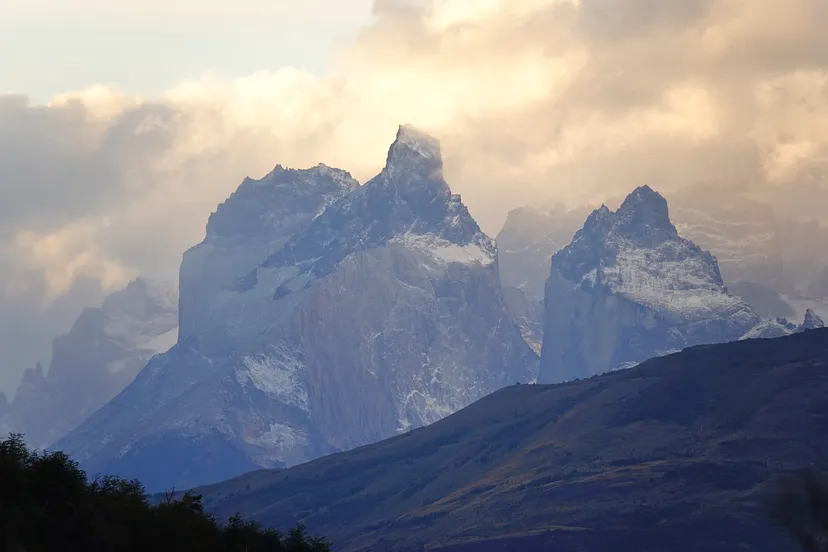
How strongly do you feel about the impact of Climate Change specific to the Tourism Industry?
Who knew the only ceramist family of Ladakh would welcome guests in their house and give them an entire pottery experience besides serving them local delicacies. Rinchen and his family are humble people who have dedicated their life to pottery and art. The Homestay of Rinchen connects his family to the outside world, who not only gets to stay with them but also understand the art in its true form.
We’ve seen the impact of climate change across the tourism industry in just the last 6 months.
In its peak summer travel season from July to August, Europe experienced unprecedented heatwaves, wildfires raged through popular tourism destinations, and train travel was disrupted due to overheated tracks. Many tourism businesses reported being bombarded with itinerary change requests to skip the hot spots (literally) in South and Central Europe, and seek cooler shores further north.
In South Asia, Pakistan experienced some of its worst floods in history, which were followed by a sustained loss of tourism livelihoods, and widespread damage at , a 5000-year-old UNESCO World Heritage Site dating back to the Indus Valley Civilization! Southeast Asia too, experienced some of their worst flooding in years, with streets in Thailand’s Bangkok and Chiang Mai submerged, and tourists having to be evacuated in boats from Vietnam’s Hoi An, a UNESCO World Heritage town.
The climate change is already impacting all inhabited regions on earth. For an industry that is so dependent on nature and the outdoors, erratic weather patterns make it — and the livelihoods it supports — extremely vulnerable in a climate-ravaged future.
What are the kind of projects that you plan to take up with your initiative?
Climate Conscious Travel is currently working with Vegan Travel Asia to determine the carbon footprint of their tours in Cambodia, Thailand and 9 other countries across Asia, with a view to possible reduction in emissions, designing efficient community based offsets that can be monitored over time, and building climate awareness by inviting travellers to engage with offset projects in the region of travel. Their first carbon neutral trip starts in a few days in Cambodia!
Among our other projects, we are co-creating a global sustainability storytelling platform, and supporting research for a paper on regenerative travel.
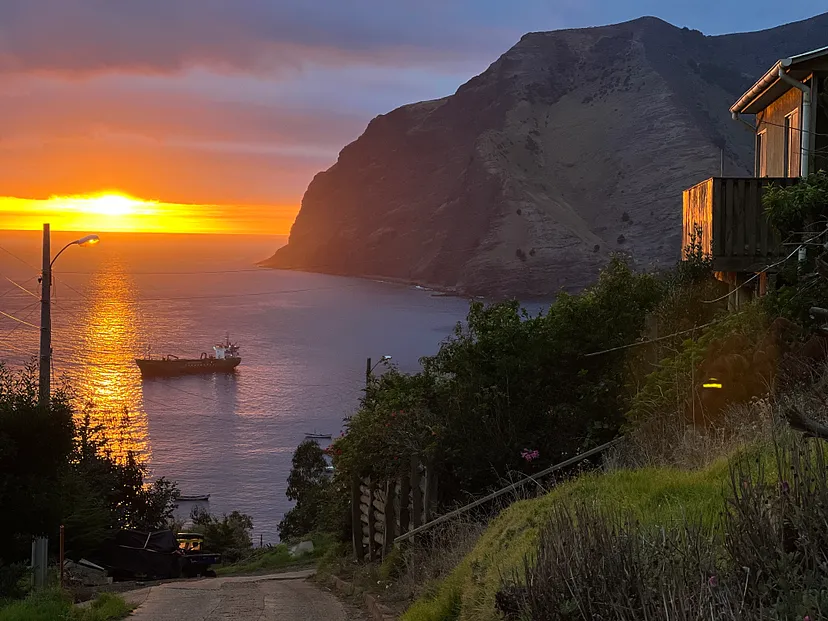
View at Robinson Crusoe Island
You were in a remote island of Chile earlier this year, would you like to talk more about the challenges of the island
Earlier in 2022, I had the opportunity to spend 1.5 months living on one of the world’s remotest islands — Robinson Crusoe on the Juan Fernandez Archipelago, nearly 700 km off the coast of Chile. The experience was overwhelming in many ways, from building deep friendships with a very environmentally aware local community to witnessing species extinction at really close quarters. The island is home to greater biodiversity than the Galapagos, which includes less than 500 individuals of the Juan Fernández firecrown (a critically endangered hummingbird), and only 1 remaining tree of the dendroseris neriifolia — both found only on Robinson Crusoe Island!

The island is currently powered 100% by diesel generators, with diesel shipped in from mainland Chile on diesel-powered boats. Climate Conscious Travel — with the support of several social enterprises— is supporting the island municipality in transitioning to solar power, to build clean energy security in this remote community, with a view to simultaneously reducing its carbon emissions and protecting its rare biodiversity. We’re currently seeking grants to enable the transition.
Do you feel it’s more of talk and less of action in the travel industry? Or is that changing?
Unfortunately there isn’t even enough talk of climate action in the tourism industry yet.
Of course, there is brilliant, pioneering work being done by some social enterprises, but the scale and pace is still slow. Hopefully in 2023, the industry will wake up to the climate emergency — and why we need to take urgent action both in terms of mitigation and resilience.
How important is the role of Climate technology in tourism?
Technology has revolutionized tourism several times over the past decades, and with climate change, climate technology — that can be adapted to local contexts and made accessible to communities at low costs — is going to be absolutely essential.
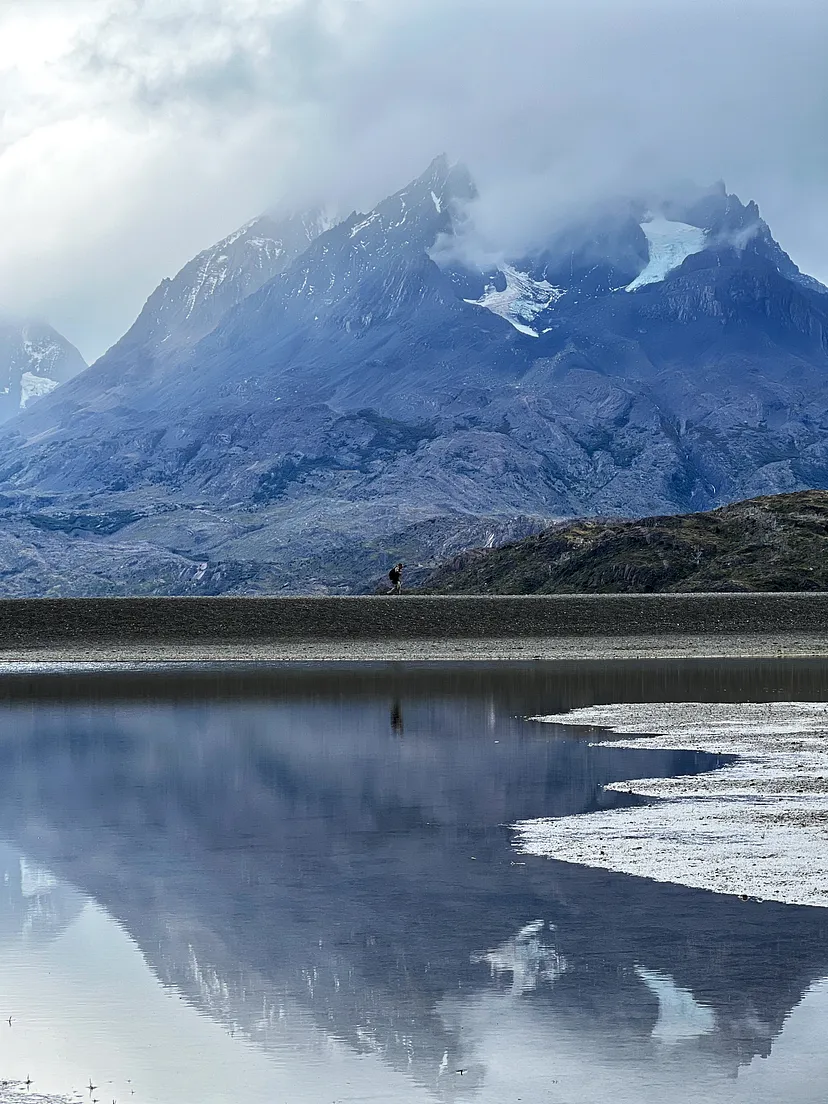
Finally, how important is it for travel enterprises and travellers to be Climate Conscious?
A future where climate action in tourism is the baseline of survival in the tourism industry is not far at all — the sooner travel enterprises and destinations begin their climate journey, the greater their chances of surviving in the next decade.
The conversation showed us Shivya’s perspective towards climate change and how it has been shaped with the travel and tourism industry. She shared how she intends to do her part in tackling the bigger problem while working on the ground.
Connect with Shivya and visit her website: https://www.climateconscioustravel.com/
Latest Blogs
Explore perspectives on the work we do and ways to make an even greater impact together.

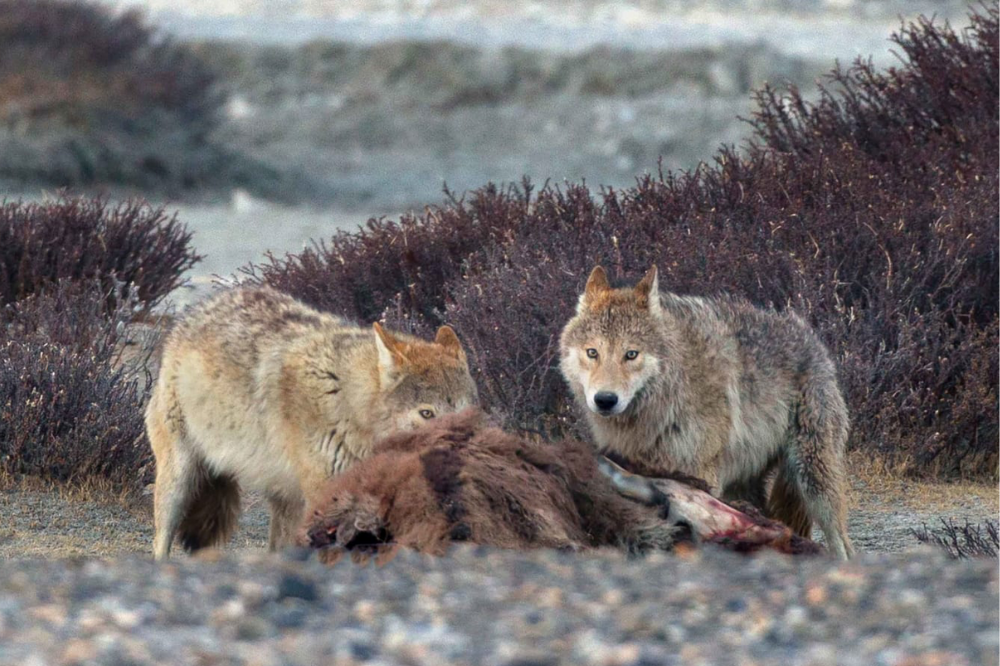

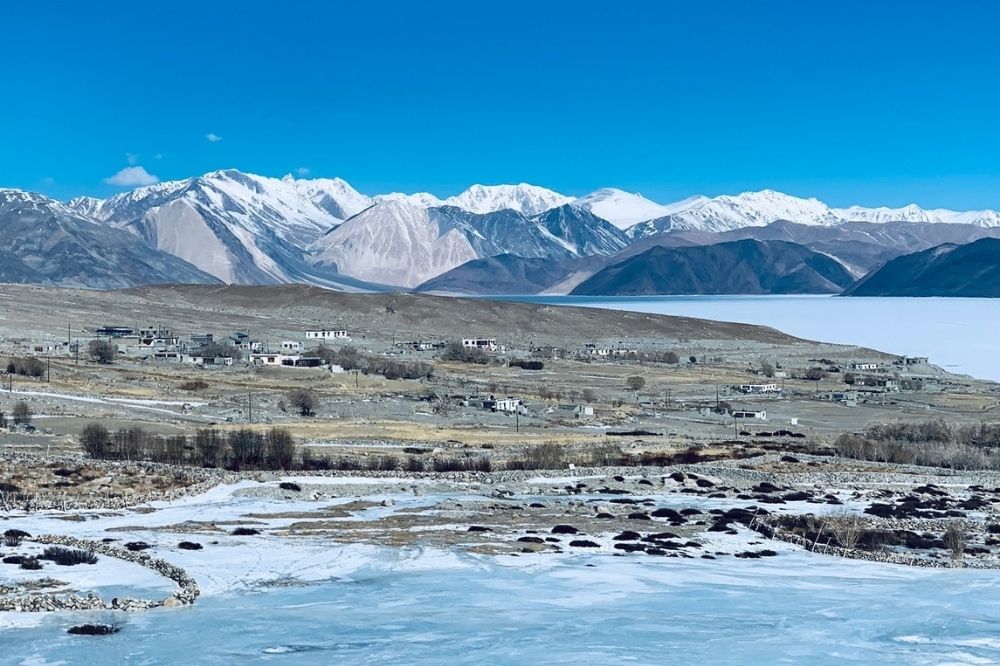

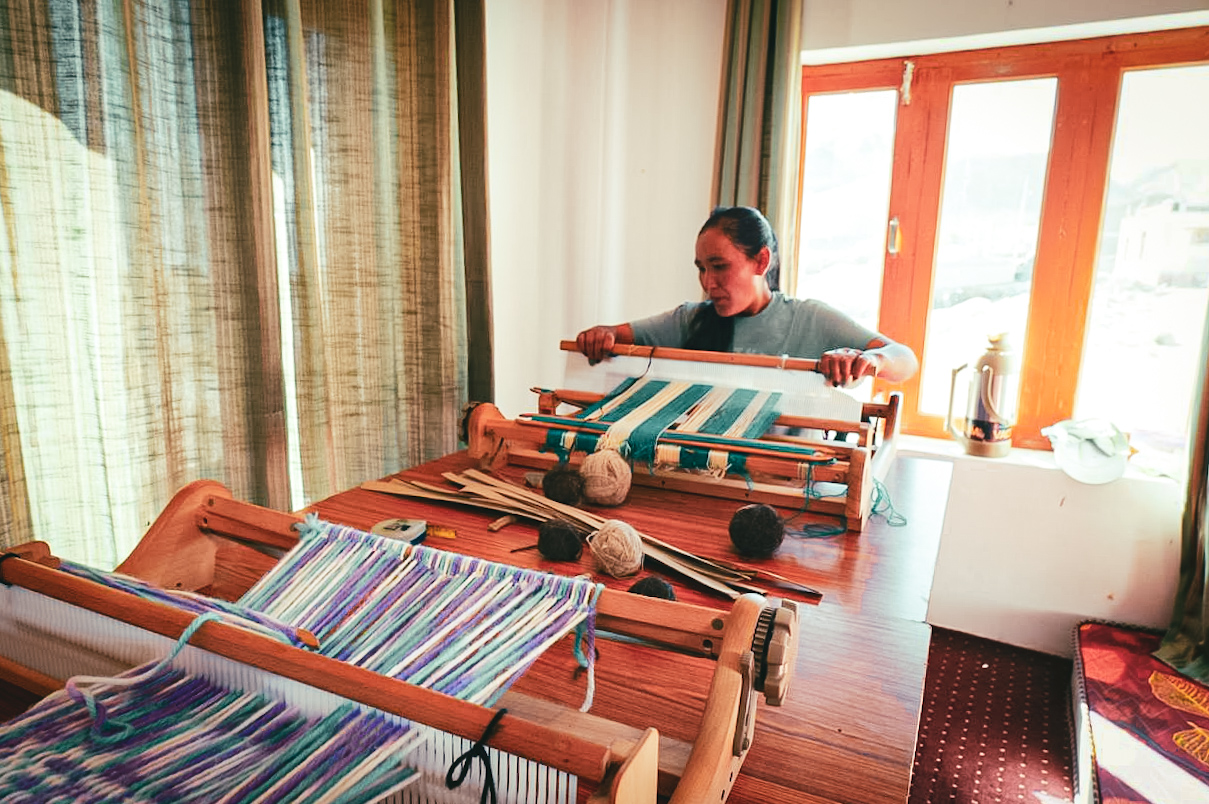
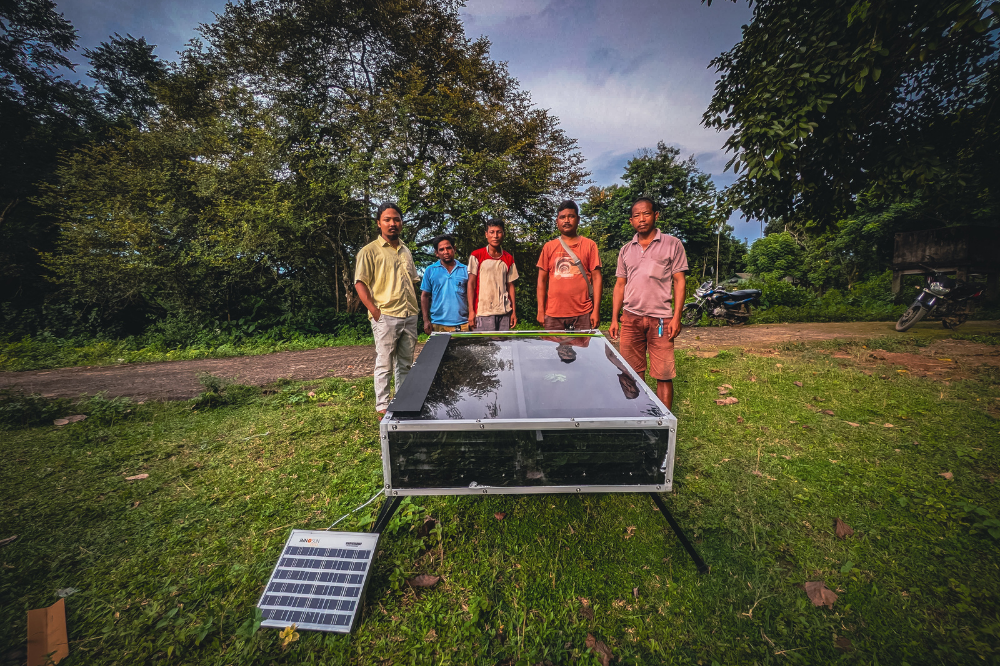






0 Comments